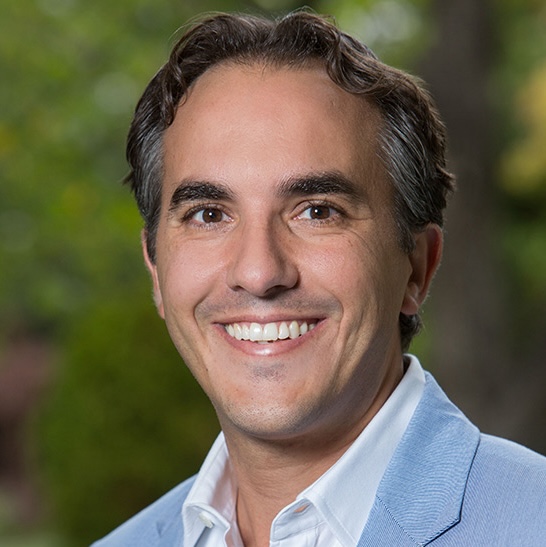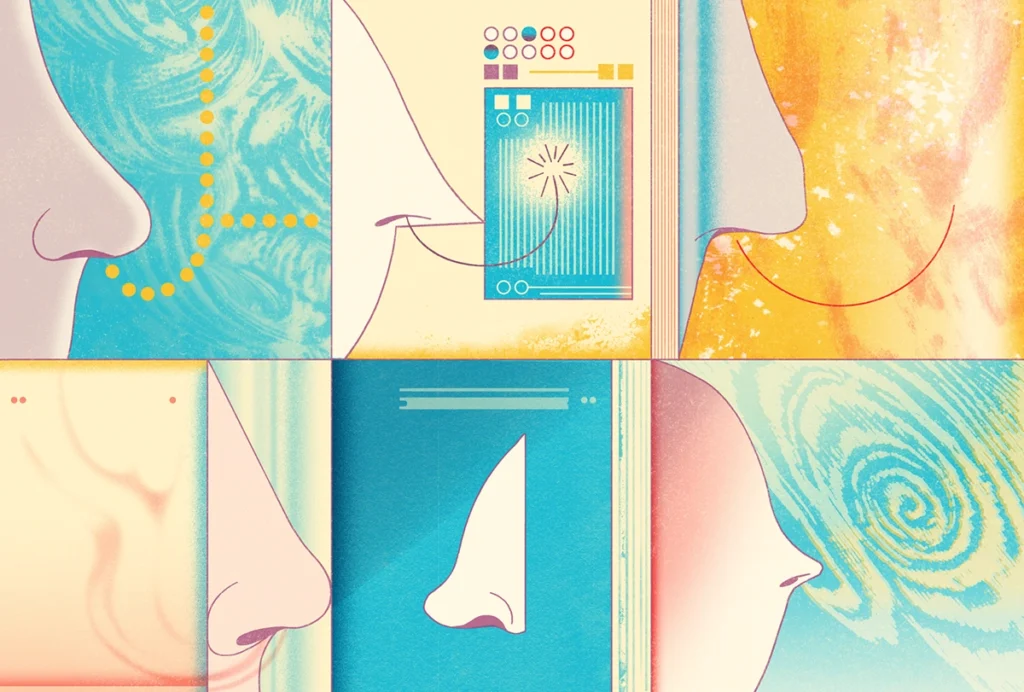Benjamin Young is associate professor and director of graduate studies in philosophy at the University of Nevada, Reno. He is also a member of the graduate faculty in interdisciplinary neuroscience at the university’s Institute for Neuroscience. Previously he held a Kreitman Postdoctoral Fellowship in the Department of Brain and Cognitive Sciences at Ben-Gurion University of the Negev, as well as a visiting assistant professorship and postdoctoral fellowship in the Department of Cognitive Science at Hebrew University. Young conducts research at the intersection of cognitive neuroscience and philosophy, with a particular emphasis on olfaction.
Young’s book “Stinking Philosophy!” (MIT Press, 2024) brings together more than a decade of research on olfactory philosophy. His research on non-conceptual content, qualitative consciousness in the absence of awareness, and the perceptible objects of smell have appeared in journals such as Mind & Language, Neuroscience and Biobehavioral Reviews, Pacific Philosophical Quarterly and Philosophical Studies. Additionally, he is co-editor of the textbook “Mind, Cognition, and Neuroscience” (Routledge, 2022) and the collection “Theoretical Perspectives on Smell” (Routledge, 2023). Young is currently working on a book about the unconscious and our sense of self, tentatively titled “Don’t Tell Anyone.”




